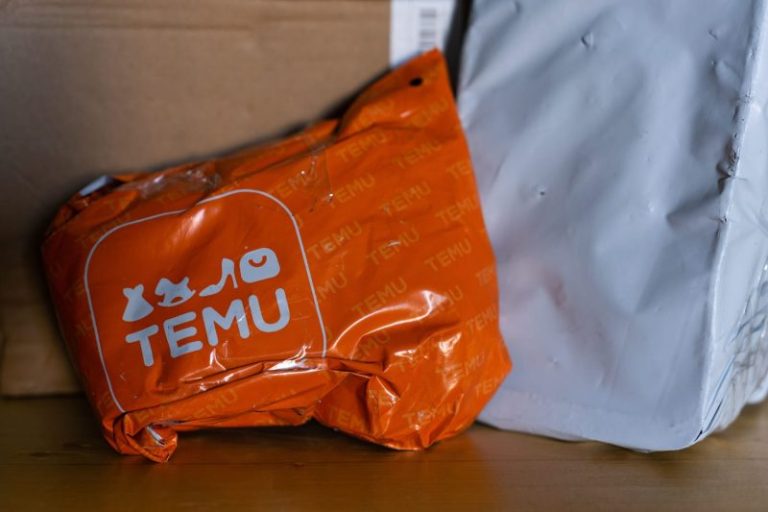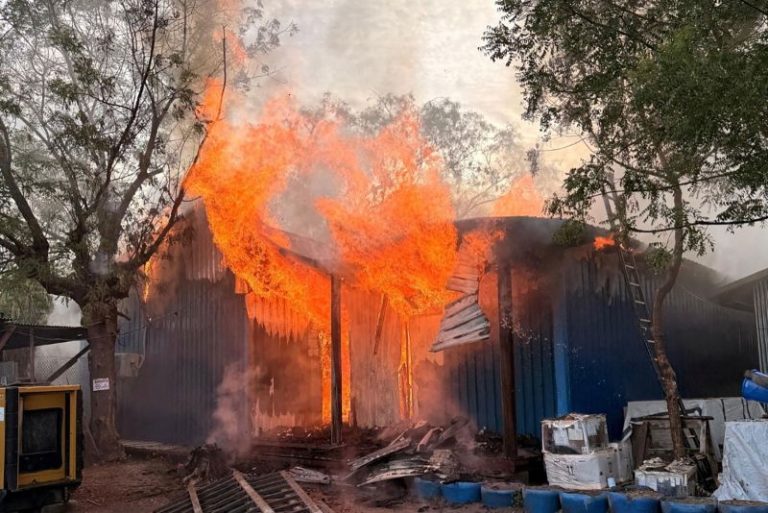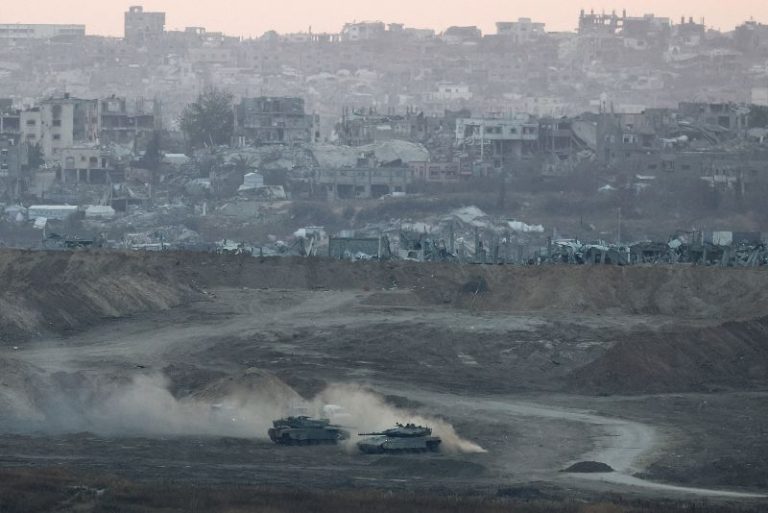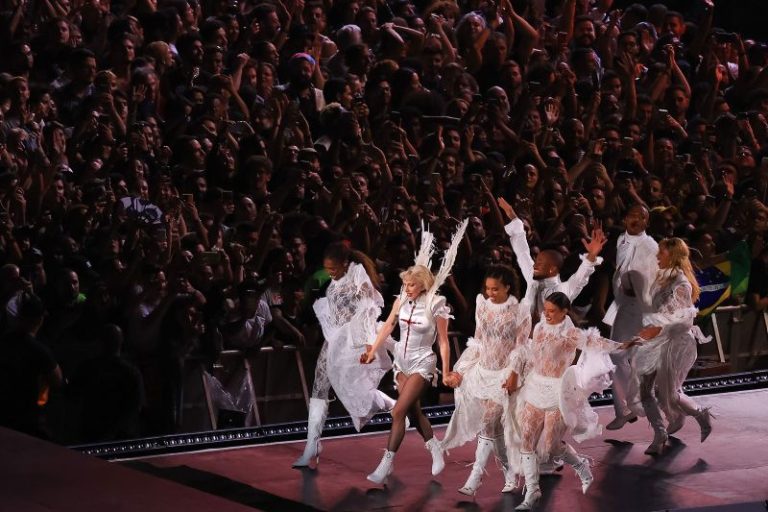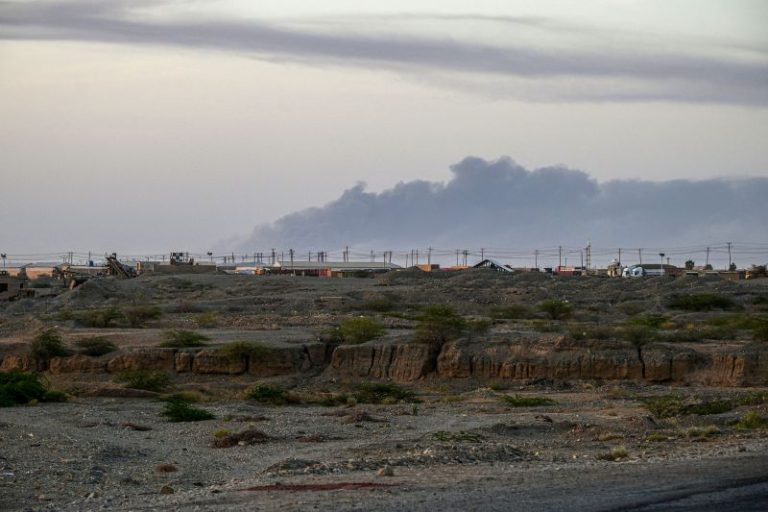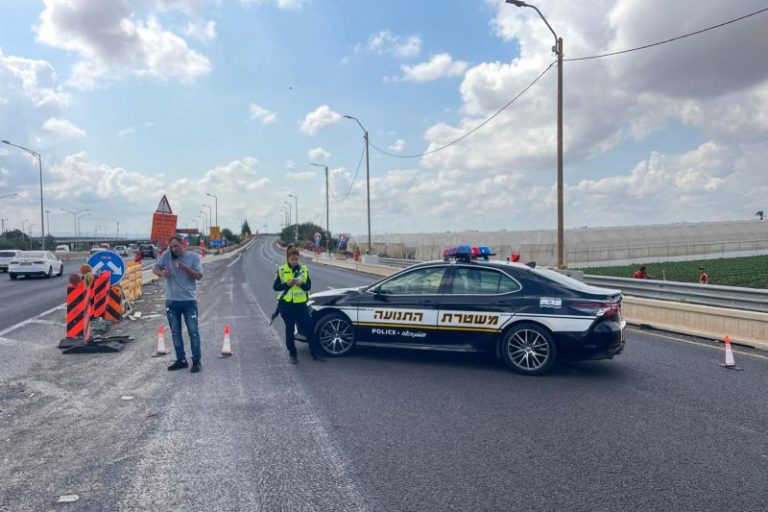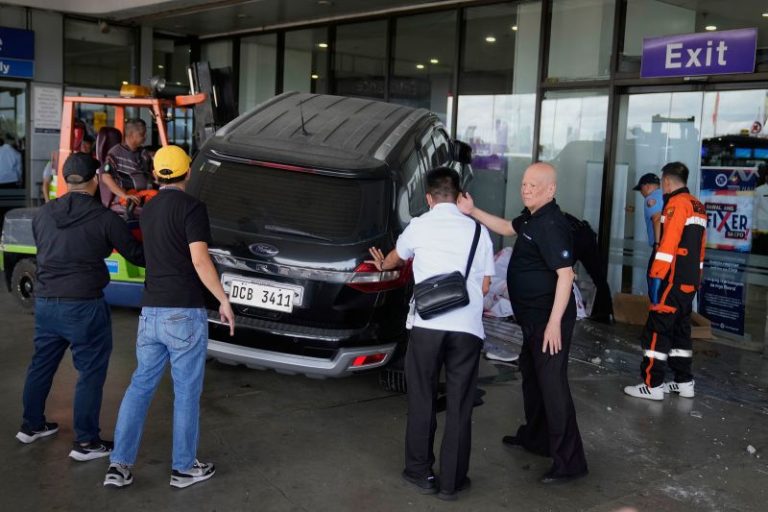Chinese bargain retailer Temu changed its business model in the U.S. as the Trump administration’s new rules on low-value shipments took effect Friday.
In recent days, Temu has abruptly shifted its website and app to only display listings for products shipped from U.S.-based warehouses. Items shipped directly from China, which previously blanketed the site, are now labeled as out of stock.
Temu made a name for itself in the U.S. as a destination for ultra-discounted items shipped direct from China, such as $5 sneakers and $1.50 garlic presses. It’s been able to keep prices low because of the so-called de minimis rule, which has allowed items worth $800 or less to enter the country duty-free since 2016.
The loophole expired Friday at 12:01 a.m. EDT as a result of an executive order signed by President Donald Trump in April. Trump briefly suspended the de minimis rule in February before reinstating the provision days later as customs officials struggled to process and collect tariffs on a mountain of low-value packages.
The end of de minimis, as well as Trump’s new 145% tariffs on China, has forced Temu to raise prices, suspend its aggressive online advertising push and now alter the selection of goods available to American shoppers to circumvent higher levies.
A Temu spokesperson confirmed to CNBC that all sales in the U.S. are now handled by local sellers and said they are fulfilled “from within the country.” Temu said pricing for U.S. shoppers “remains unchanged.”
“Temu has been actively recruiting U.S. sellers to join the platform,” the spokesperson said. “The move is designed to help local merchants reach more customers and grow their businesses.”
Before the change, shoppers who attempted to purchase Temu products shipped from China were confronted with “import charges” of between 130% and 150%. The fees often cost more than the individual item and more than doubled the price of many orders.
Temu advertises that local products have “no import charges” and “no extra charges upon delivery.”
The company, which is owned by Chinese e-commerce giant PDD Holdings, has gradually built up its inventory in the U.S. over the past year in anticipation of escalating trade tensions and the removal of de minimis.
Shein, which has also benefited from the loophole, moved to raise prices last week. The fast-fashion retailer added a banner at checkout that says, “Tariffs are included in the price you pay. You’ll never have to pay extra at delivery.”
Many third-party sellers on Amazon rely on Chinese manufacturers to source or assemble their products. The company’s Temu competitor, called Amazon Haul, has relied on de minimis to ship products priced at $20 or less directly from China to the U.S.
Amazon said Tuesday following a dustup with the White House that had it considered showing tariff-related costs on Haul products ahead of the de minimis cutoff but that it has since scrapped those plans.
Prior to Trump’s second term in office, the Biden administration had also looked to curtail the provision. Critics of the de minimis provision argue that it harms American businesses and that it facilitates shipments of fentanyl and other illicit substances because, they say, the packages are less likely to be inspected by customs agents.

